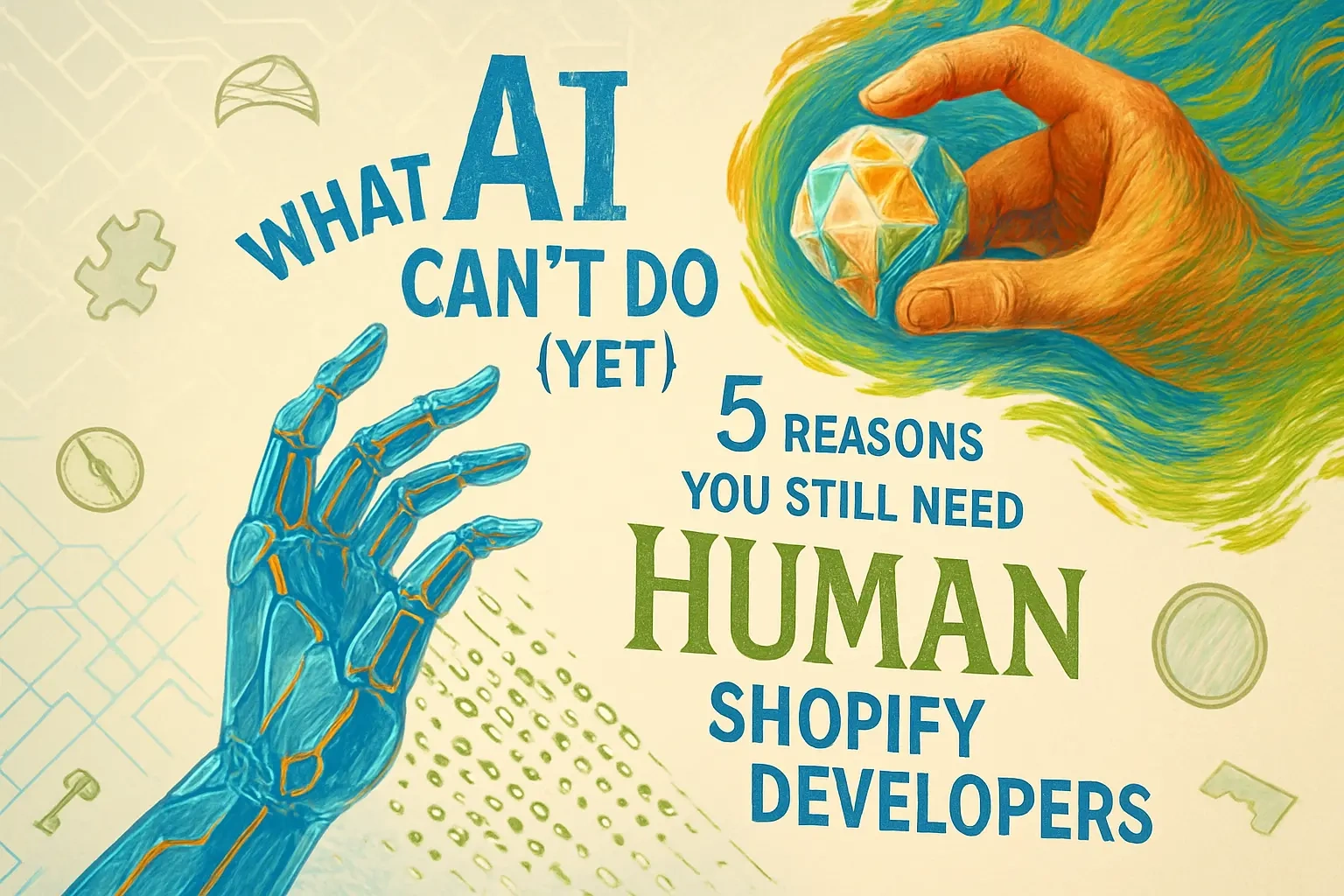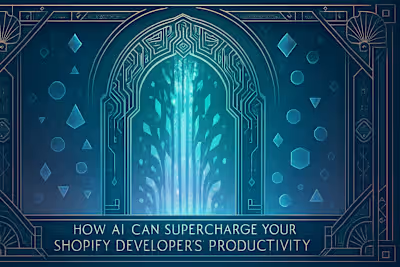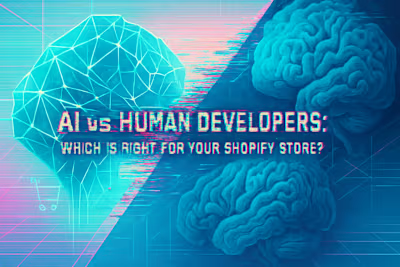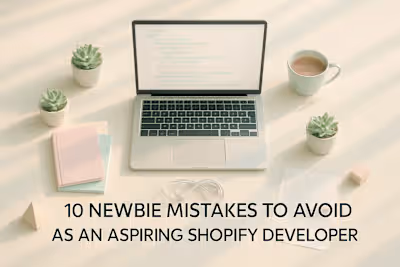What AI Can’t Do (Yet): 5 Reasons You Still Need Human Shopify Developers

What AI Can't Do (Yet): 5 Reasons You Still Need Human Shopify Developers
1. True Creativity and Brand Understanding
Crafting a Unique Digital Experience
Translating Abstract Ideas into Functional Design
2. Strategic E-commerce Consulting
Understanding Market Nuances and Business Goals
Long-Term Architectural Planning
3. Complex, Custom Problem-Solving
Building Bespoke Shopify Apps from Scratch
Integrating with Niche or Legacy Systems
4. Nuanced Communication and Client Relationships
Interpreting Vague Feedback and Ideas
Building Trust and a Collaborative Partnership
5. Accountability and Ownership
The Importance of a Single Point of Contact
Debugging Unforeseen and Complex Issues
The Future is Human + AI
References
What AI Can't Do (Yet): 5 Reasons You Still Need Human Shopify Developers
1. True Creativity and Brand Understanding
Crafting a Unique Digital Experience
Translating Abstract Ideas into Functional Design
2. Strategic E-commerce Consulting
Understanding Market Nuances and Business Goals
Long-Term Architectural Planning
3. Complex, Custom Problem-Solving
Building Bespoke Shopify Apps from Scratch
Integrating with Niche or Legacy Systems
4. Nuanced Communication and Client Relationships
Interpreting Vague Feedback and Ideas
Building Trust and a Collaborative Partnership
5. Accountability and Ownership
The Importance of a Single Point of Contact
Debugging Unforeseen and Complex Issues
The Future is Human + AI
References
Posted Jul 4, 2025
AI is powerful, but it has its limits. Discover the 5 critical areas where human Shopify developers are irreplaceable for building a successful, unique, and scalable e-commerce brand.









